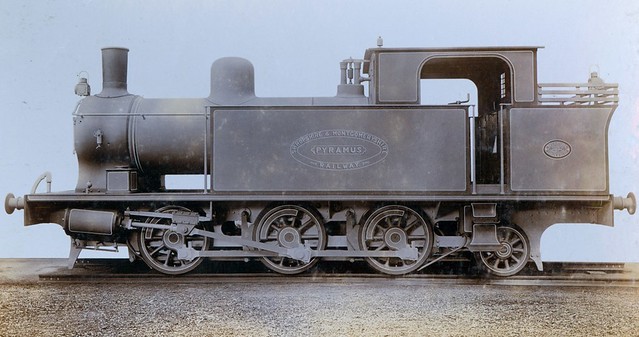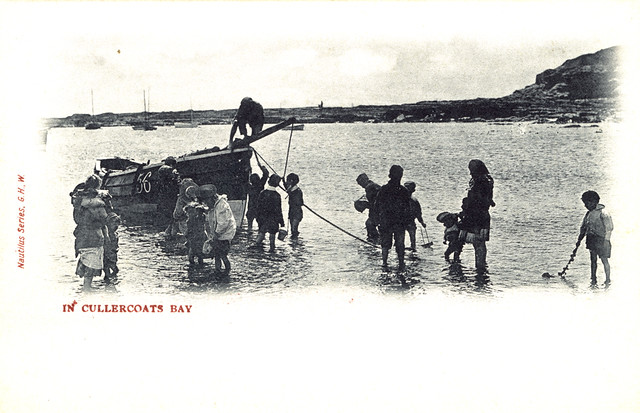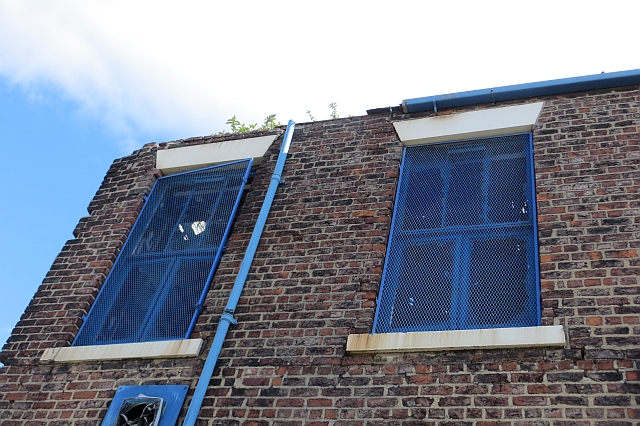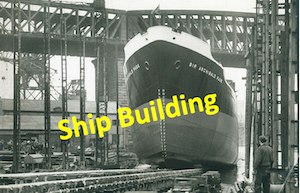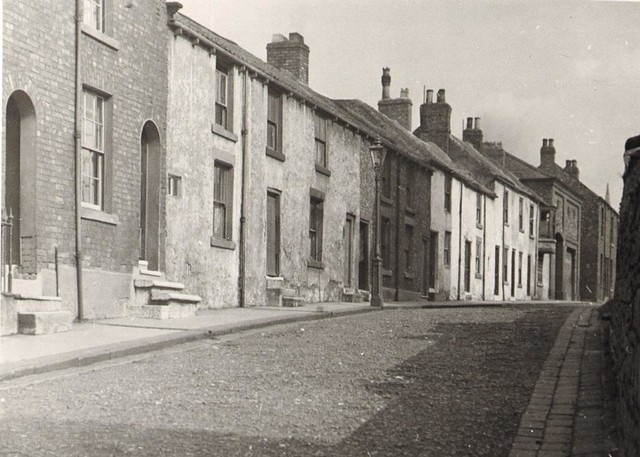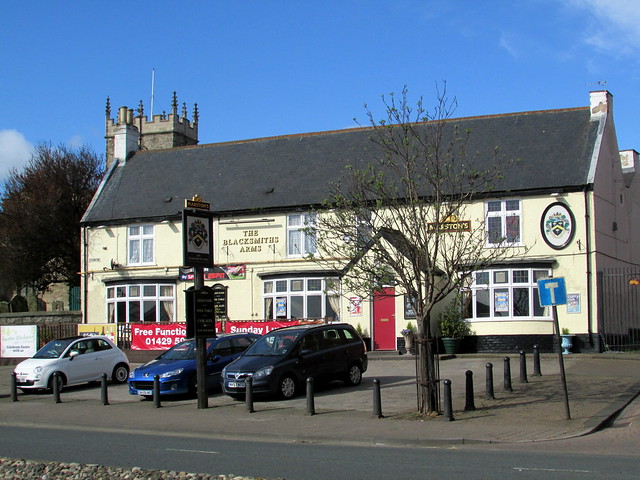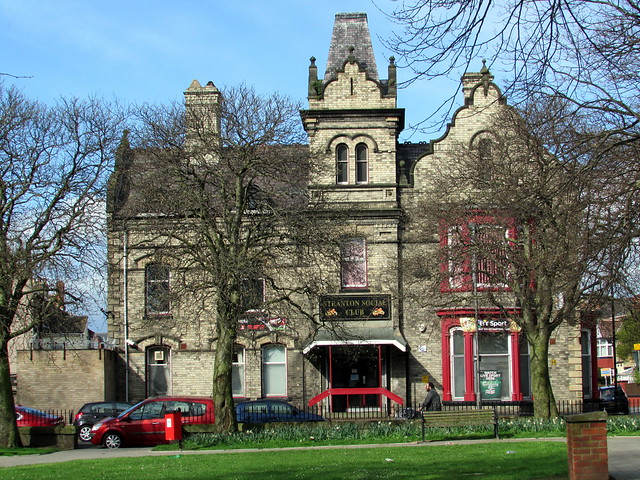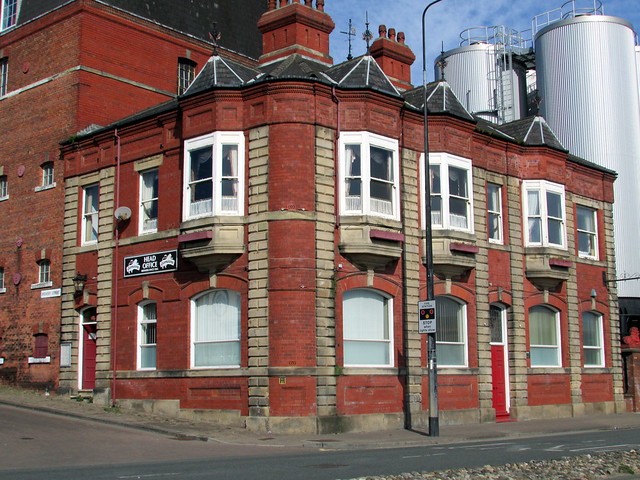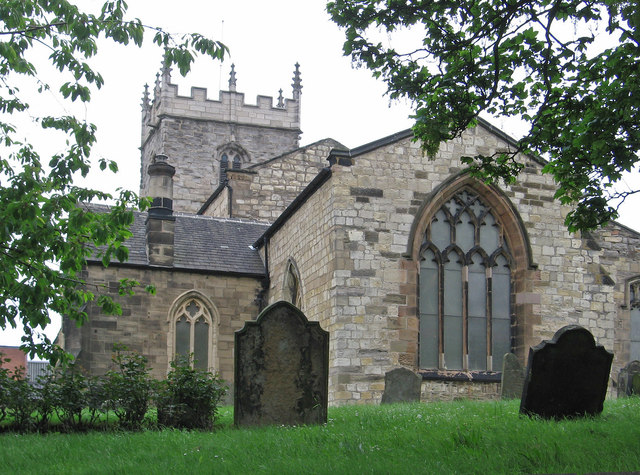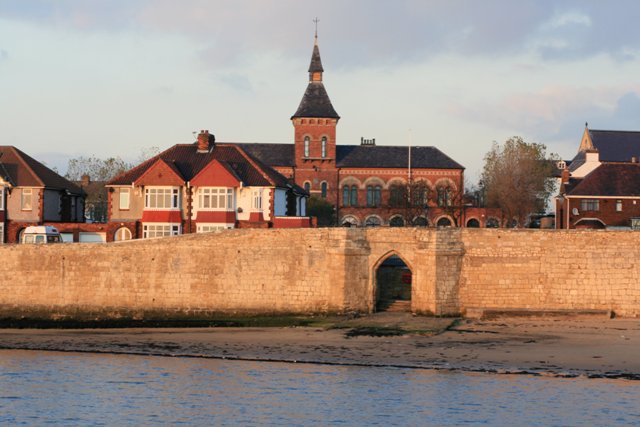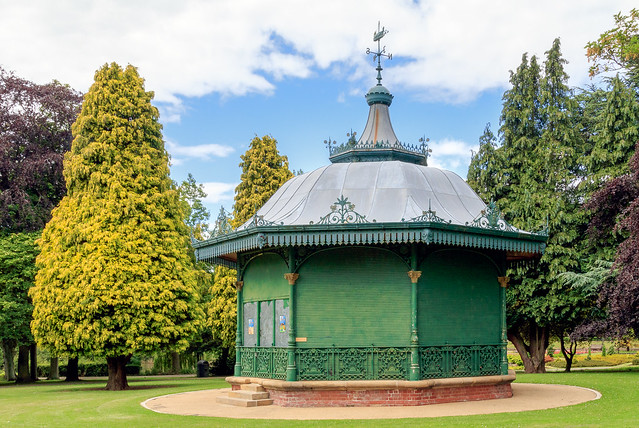Side Tank Engine 'Pyramus' built in Newcastle upon Tyne
-
Description
An image of the side tank engine 'Pyramus', one of two ordered for the Shropshire and Montgomeryshire Light Railway in February 1911 (TWAM ref. DS.RSH/1/1/3). Engine nos. 2878-2879. Built for: Shropshire and Montgomeryshire Light Railway. Date ordered: 13 February 1911. Gauge of Railway: 4 feet 8½ inches. Principal Dimensions. Cylinders dia: 14 inches. Cylinders stroke: 22 inches. Wheels (Dia. of coupled): 3 feet 6 inches. Wheel-base - total: 15 feet 6 inches. Water capacity: 1200 gallons. Fuel capacity: 80 cubic feet = 1.75 tons. Heating surface – total: 723.5 square feet. Grate area: 11.3 square feet. Working pressure: 170 lbs per square inch. Total weight in working order: 37 tons. Tractive force taking 90% of the working pressure: 15708 lbs. Tractive force taking 75% of the working pressure: 13090 lbs. Approximate shipping space: 2679 cubic feet. Approximate gross weight packed for shipment: 30.75 tons. Code Word: PYRAMUS This album celebrates the achievements of the Hawthorn Leslie locomotive works at Forth Banks, Newcastle upon Tyne. The works were established by Robert Hawthorn in January 1817 and in 1820 his brother, William Hawthorn joined him as a partner. The firm initially manufactured stationary engines but within a few years diversified into marine engineering and in 1831 produced its first locomotive engine for the Stockton and Darlington Railway. In 1870 the firm established a separate marine engine works on the River Tyne at St. Peter’s and from 1882 the Forth Banks Works became devoted entirely to the manufacture of locomotives. In 1885 the firm amalgamated with the shipyard of Andrew Leslie at Hebburn, creating the world-famous shipbuilding and engineering company R and W. Hawthorn, Leslie & Co. Ltd. The Forth Banks Works of Hawthorn Leslie produced engines of all types and sizes for railways around the world. The output of the Forth Banks Works included a large number of tank engines for industrial works and collieries and the firm established a speciality in the construction of crane locomotives. The images in this set date from the early twentieth century and are a reminder of Newcastle upon Tyne’s proud industrial heritage. They are taken from a series of photograph albums produced by Hawthorn Leslie. The albums were kindly donated to Tyne & Wear Archives by Alan C. Baker and T.D. Allen Civil. (Copyright) We're happy for you to share this digital image within the spirit of The Commons. Please cite 'Tyne & Wear Archives & Museums' when reusing. Certain restrictions on high quality reproductions and commercial use of the original physical version apply though; if you're unsure please email archives@twmuseums.org.uk. -
Owner
Tyne & Wear Archives & Museums -
Source
TWAM (Flickr) -
License
What does this mean? No known copyright restrictions -
Further information
Link: https://www.flickr.com/photos/29295370@N07/25034121519/
Resource type: Image
Added by: Simon Cotterill
Last modified: 9 years ago
Viewed: 1180 times
Picture Taken: Unknown -
Co-Curate tags
